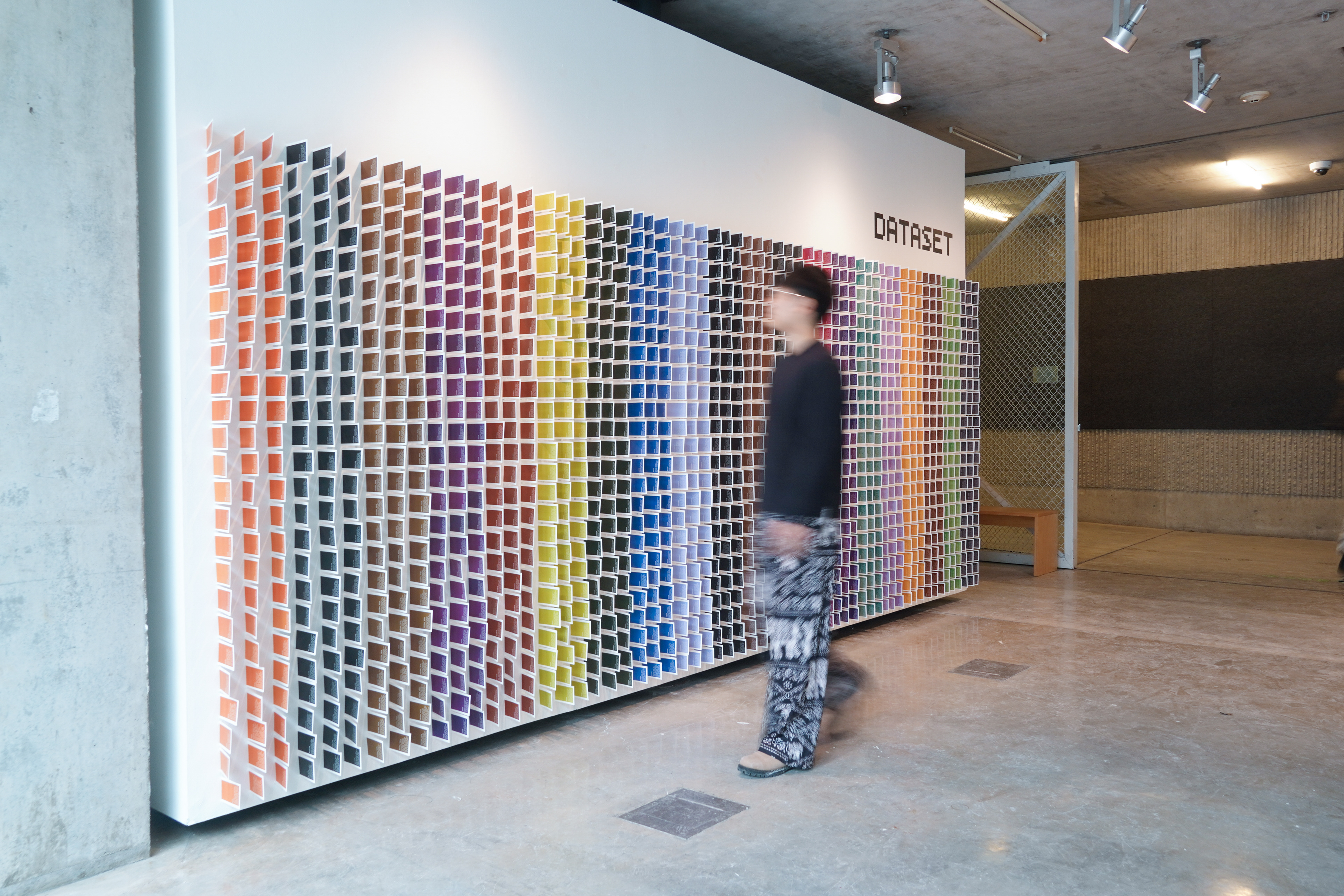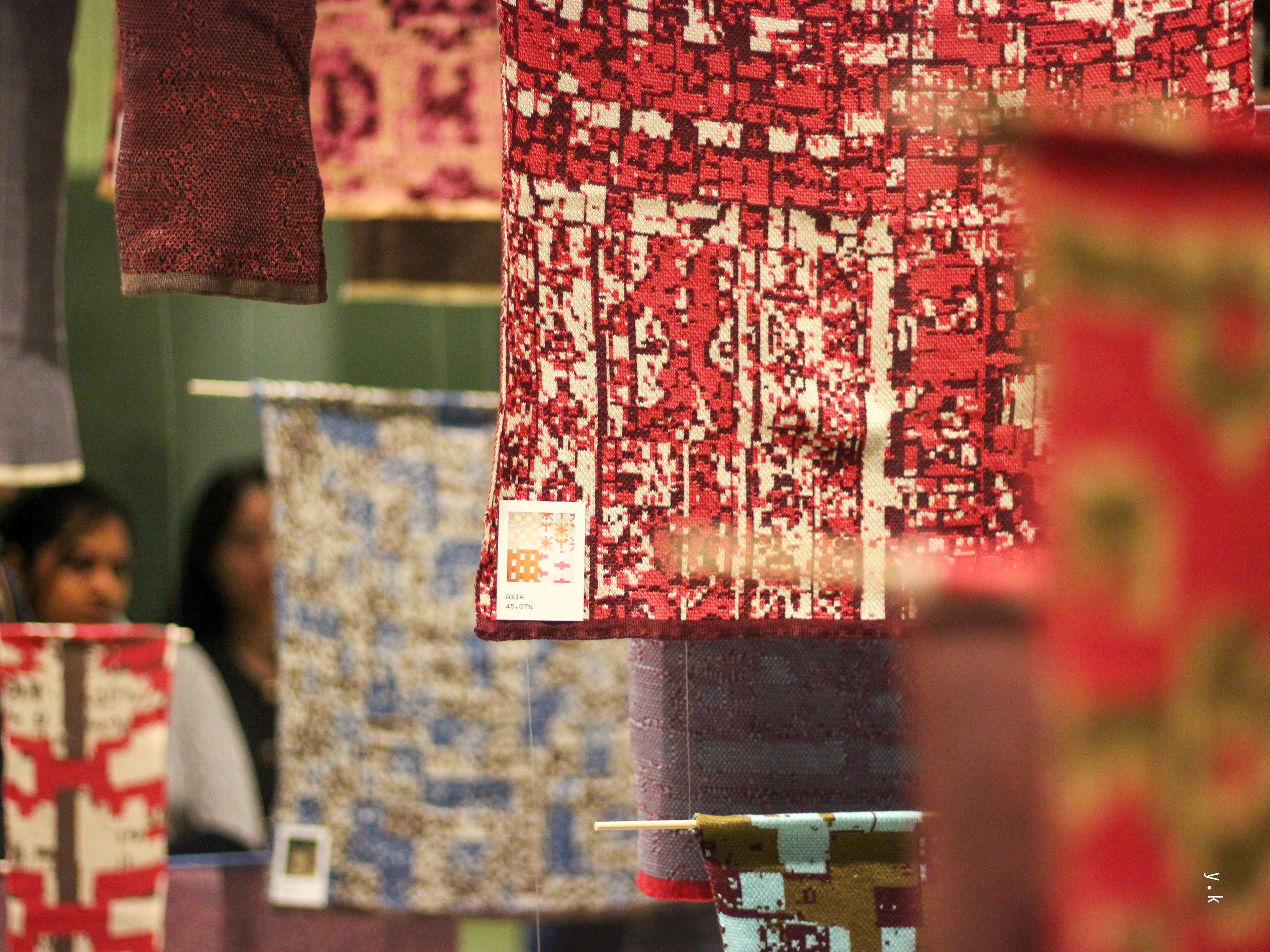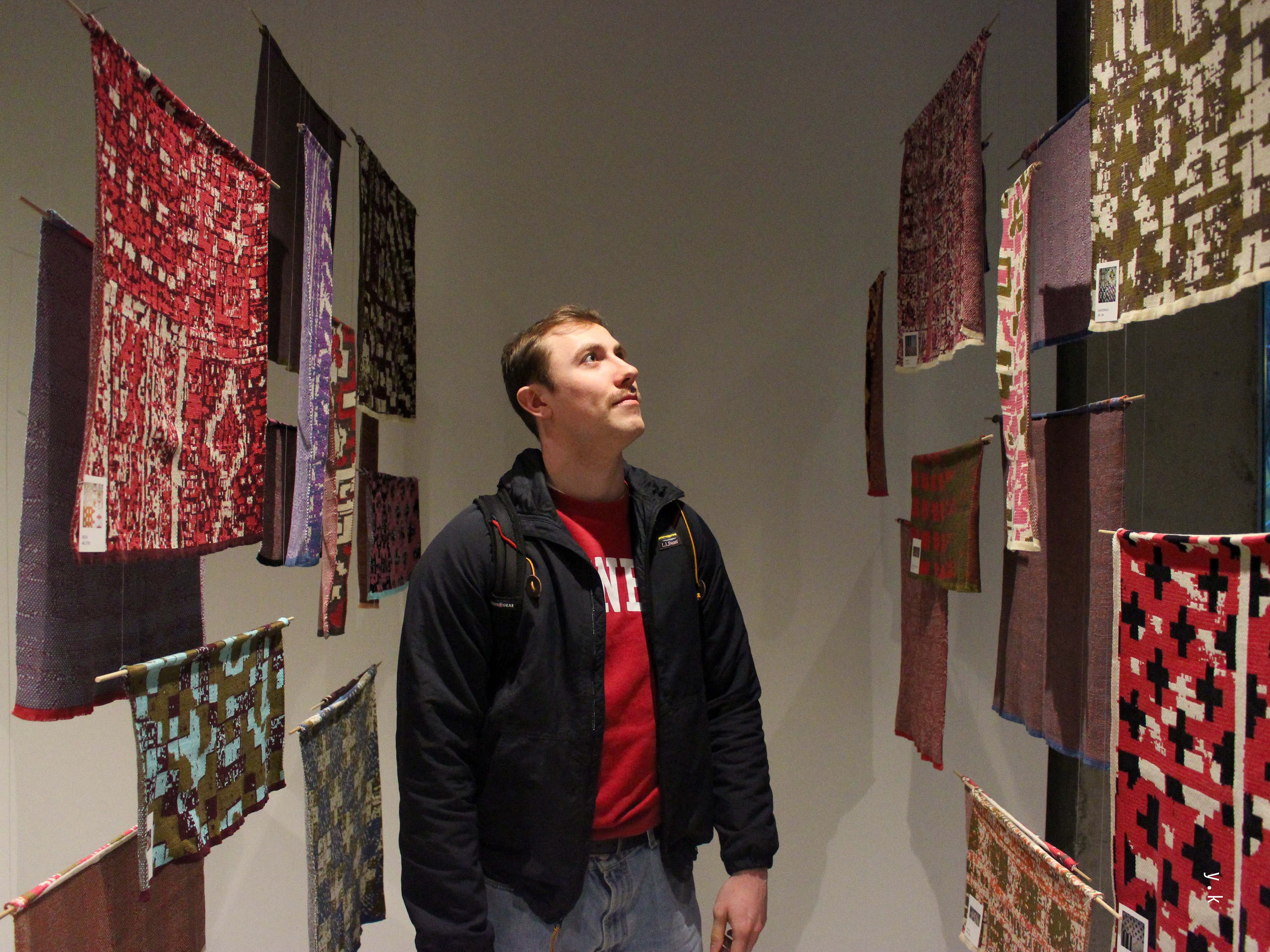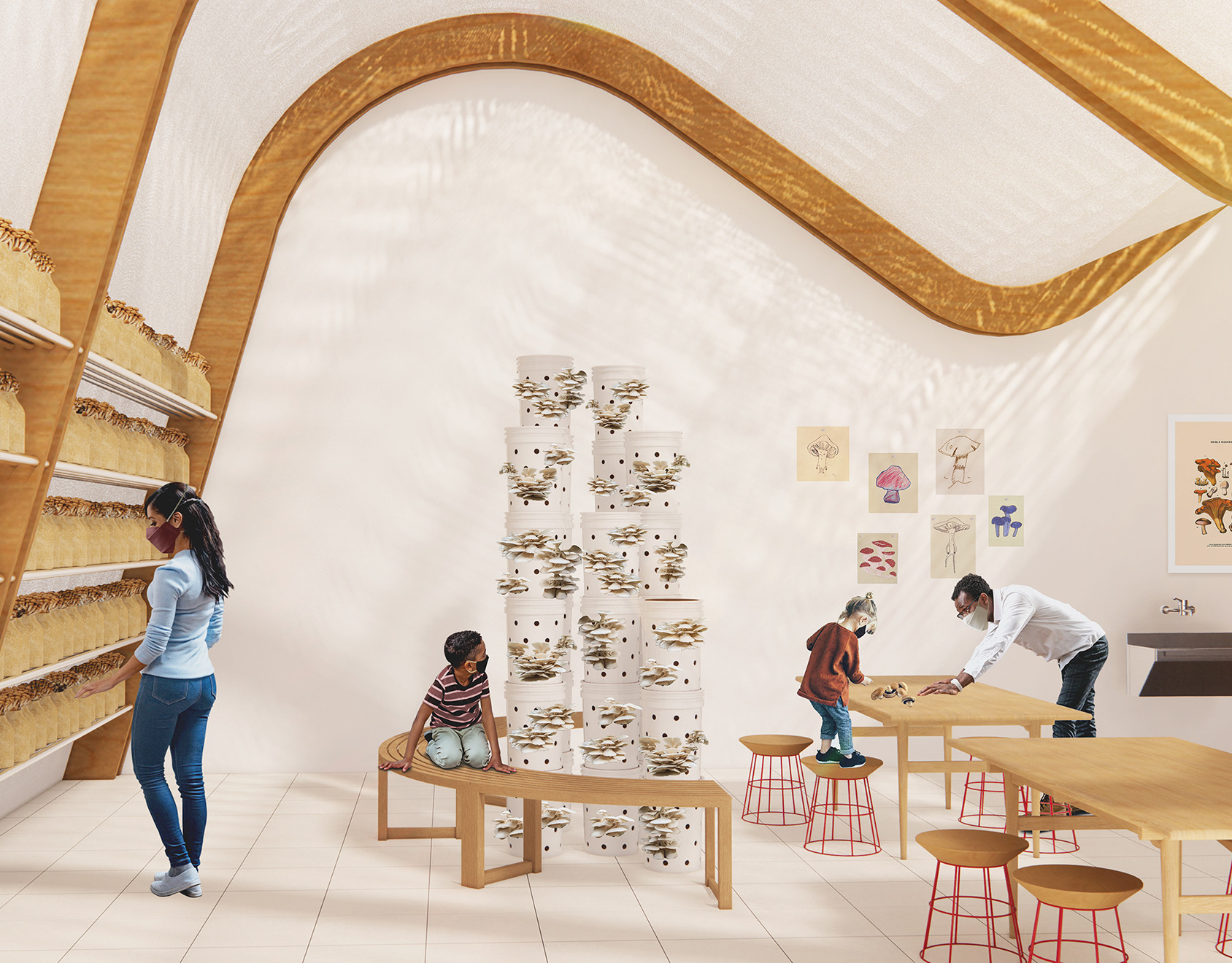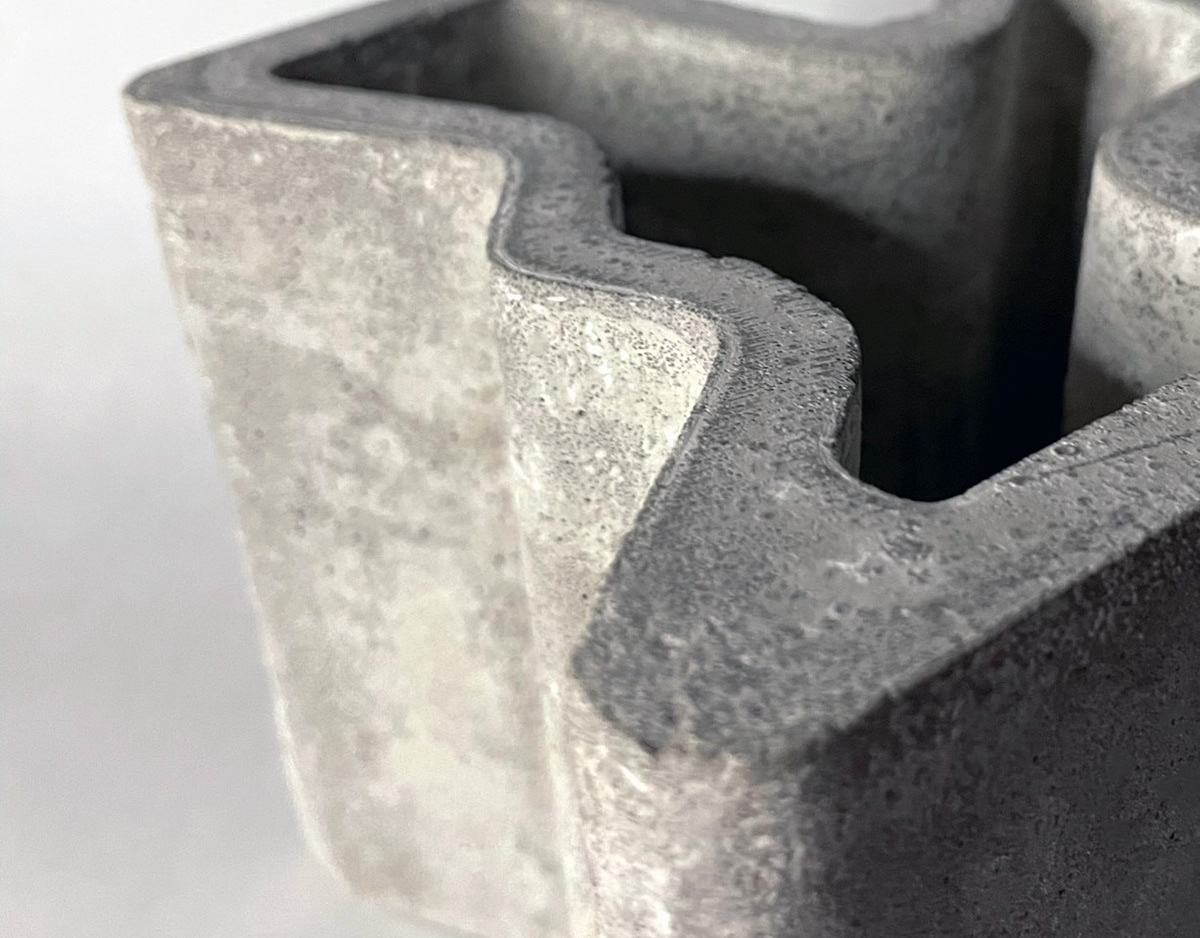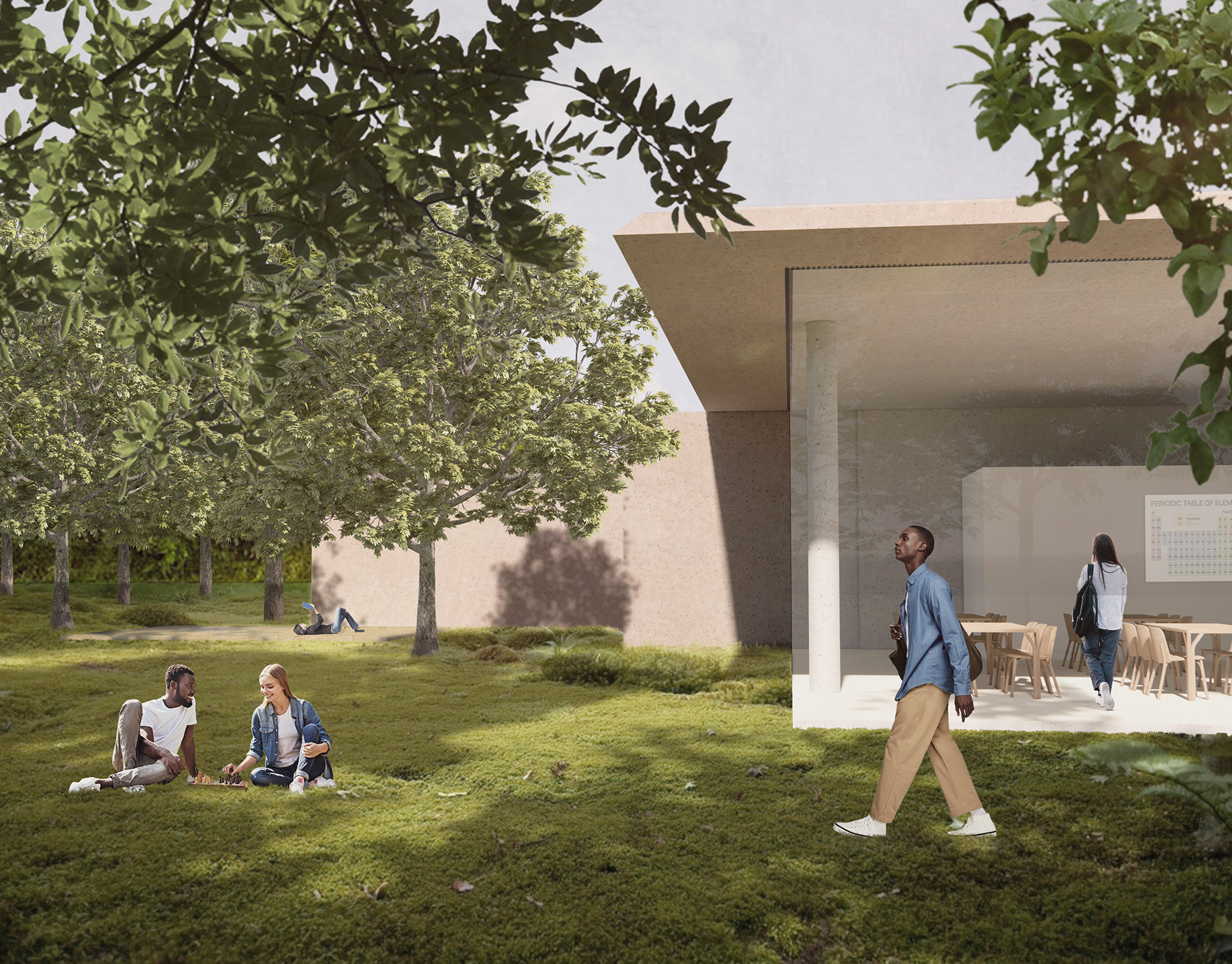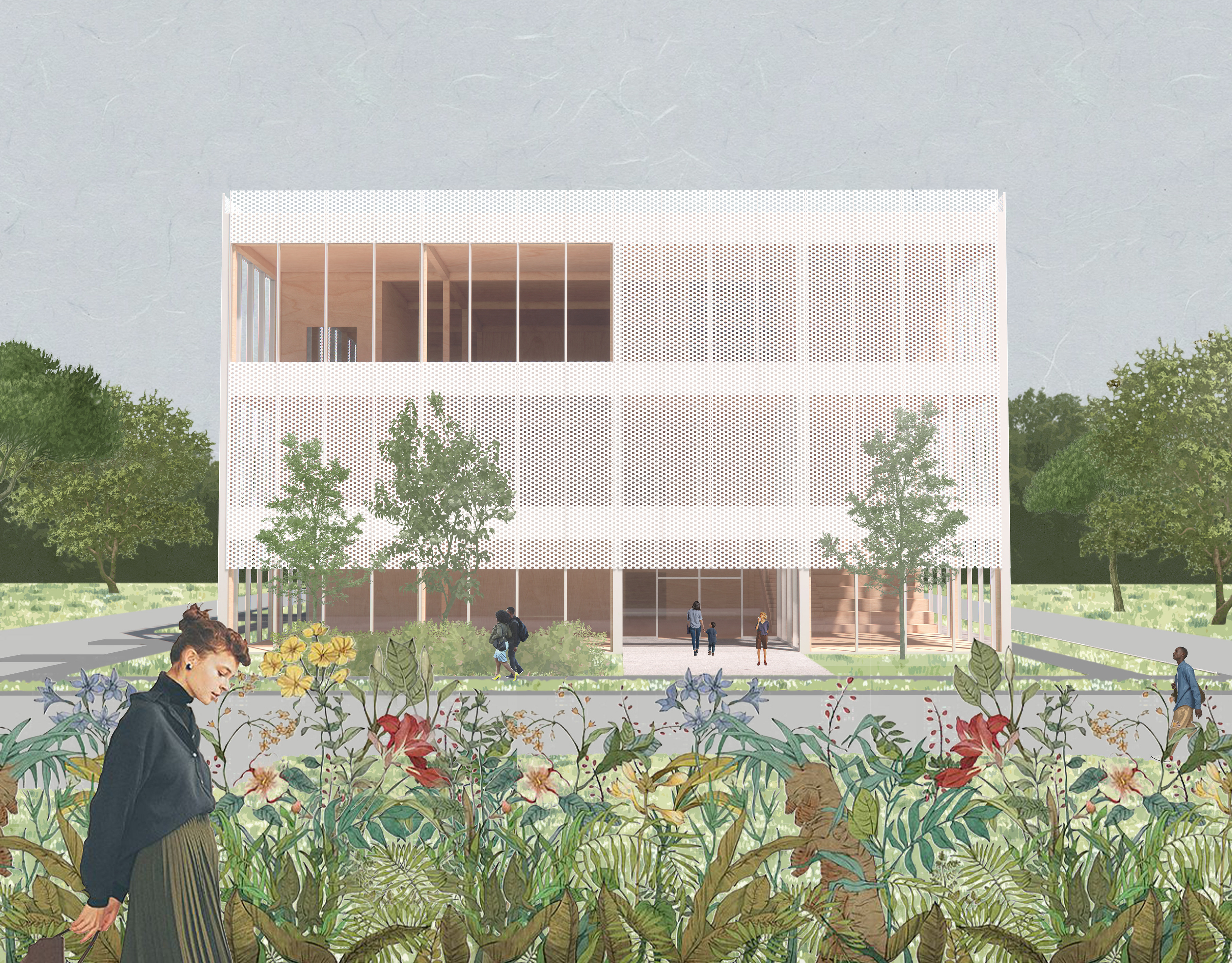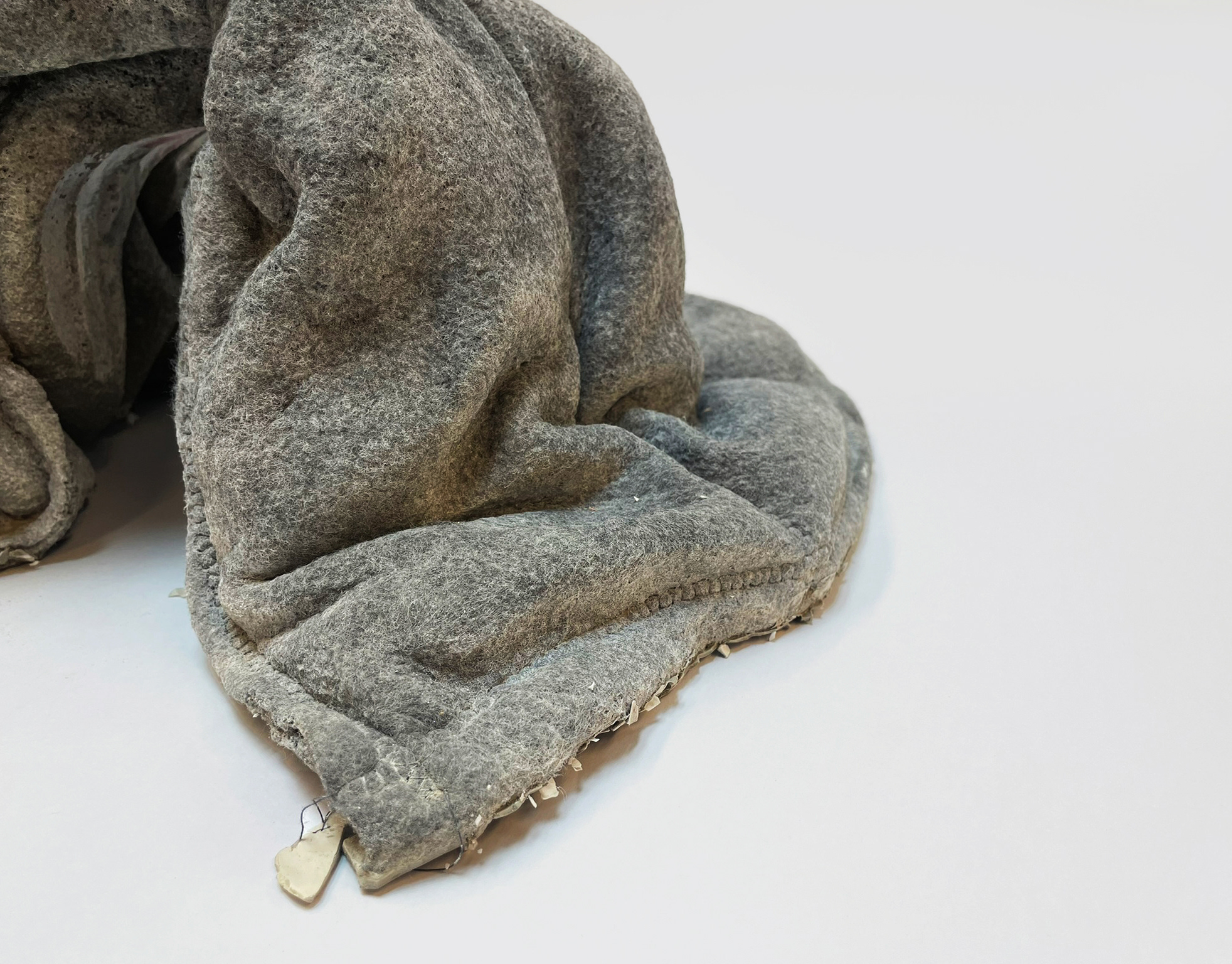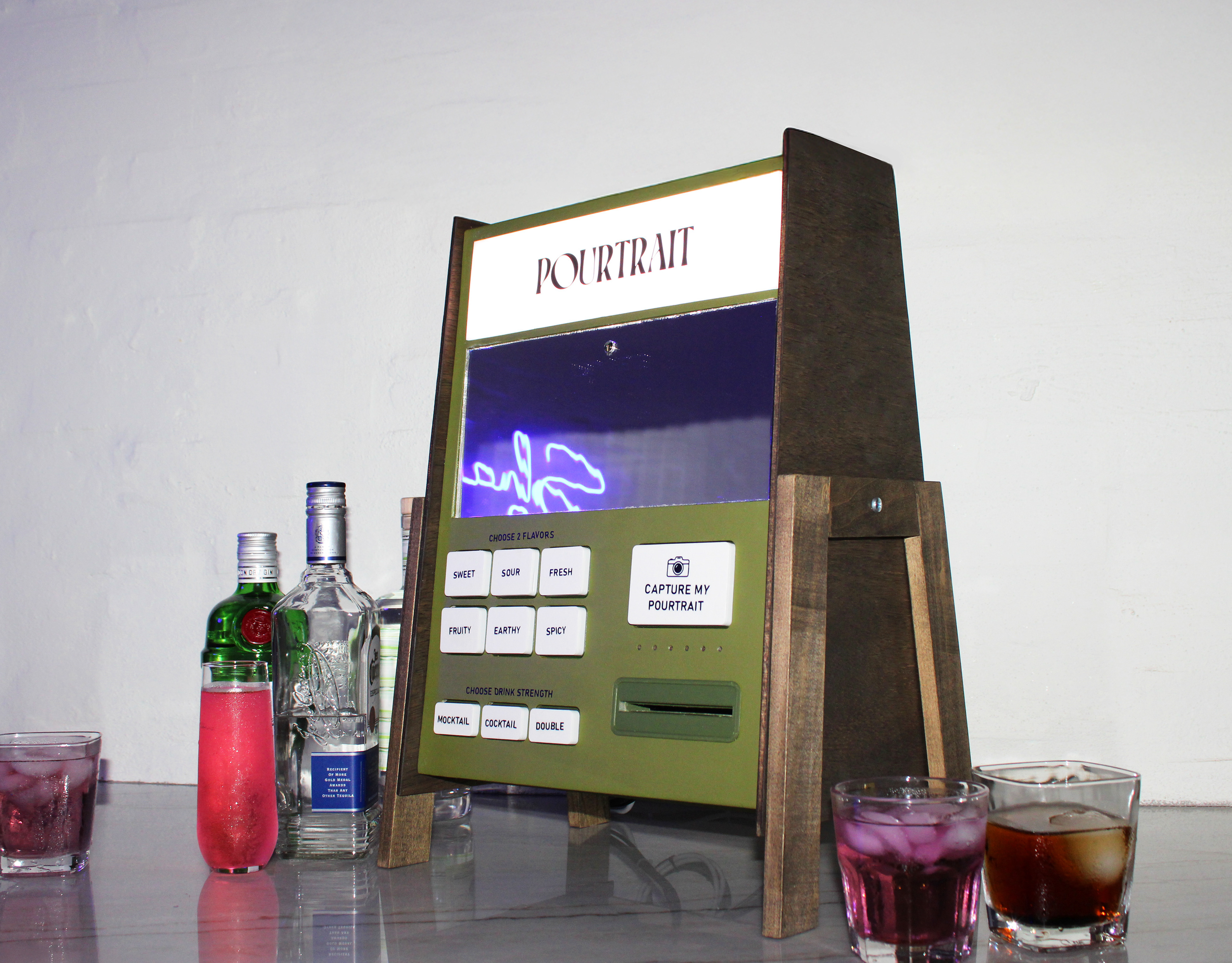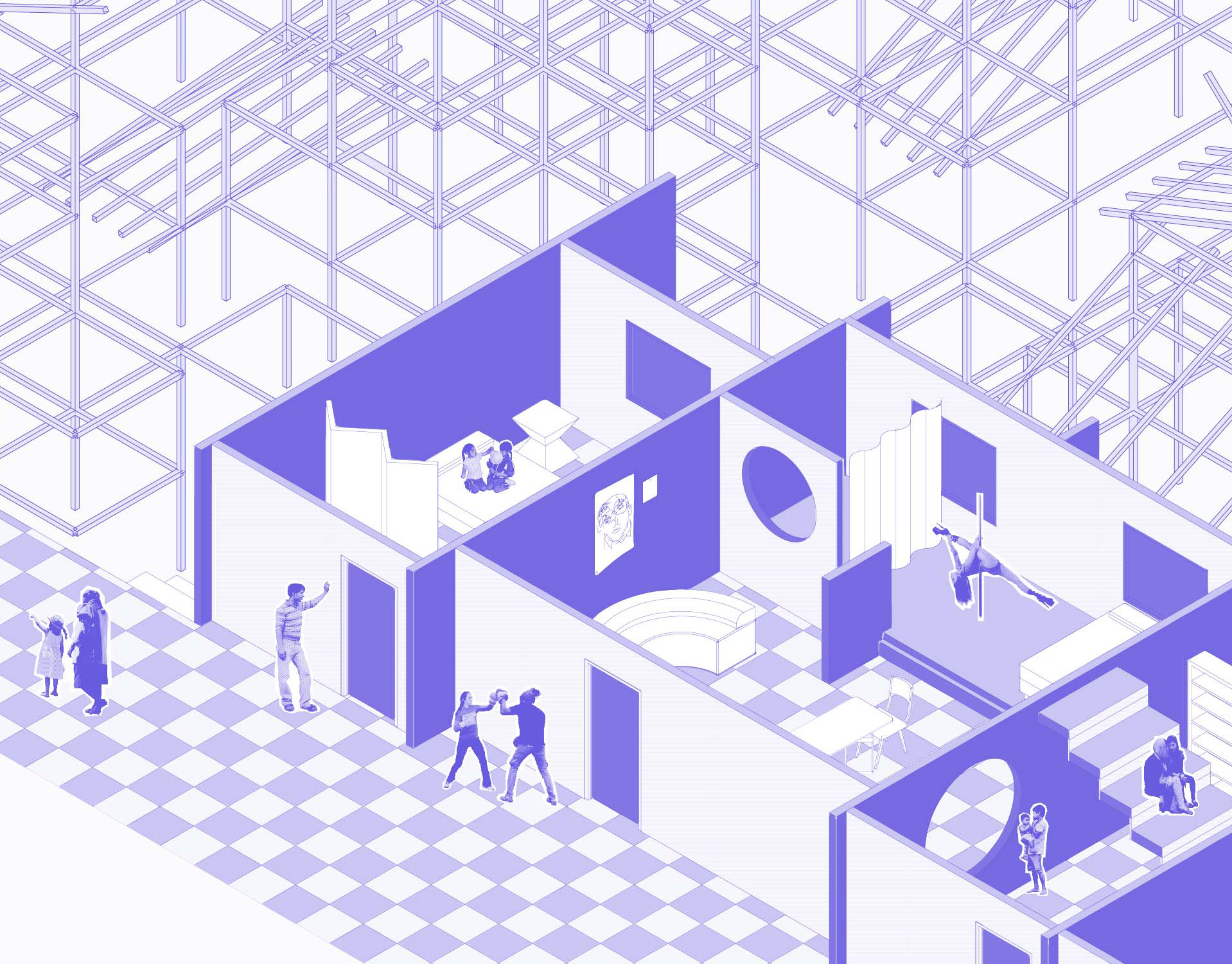Exhibited February 10-28, 2025 at Cornell AAP's Bibliowicz Gallery
Artists: Lauren Greene, Zeiad Amin
Collaborators: Madison Feely (Knit Specialist), Ramy ElMallah (AI Specialist)
In the ever-evolving landscape of design, the image has emerged as a primary vessel for preserving and representing experiences. "Textiles, Decoded" explores the role of artificial intelligence (AI) in this shift, examining how computational processes perceive and interpret cultural textiles. As AI-generated imagery shapes contemporary aesthetics, its influence raises critical questions about authenticity, authorship, and digital mediation.
While technology continues to redefine design methodologies, physical textiles remain significant, resisting obsolescence despite the rise of digital representations. At the same time, biases embedded in AI training data complicate its role in cultural interpretation, revealing both the possibilities and limitations of machine perception. Against this backdrop, the designer’s role is continuously redefined, navigating between material and computational practices.
The exhibition unfolds in three stages: Dataset, Decoding, and Recoding. The first gallery presents a dataset of 24,214 historic textile swatches, classified by a custom AI model trained to recognize textile location and date. 1500 data images along with their metadata are displayed here and allow visitors to see overarching themes in color and pattern across classes. The second gallery invites visitors to engage with the AI’s interpretative process, arranging abstracted textile motifs that the model classifies and reimagines into new digital textile designs. The final gallery brings these AI-generated patterns into the physical realm through precision knitting, demonstrating how machine learning can translate digital artifacts back into tangible textiles.
By investigating these intersections, "Textiles, Decoded" offers a critical lens on the evolving relationship between image, textiles, and AI in contemporary design.
Funding was provided by the Cornell Council for the Arts and Backslash at Cornell Tech.

